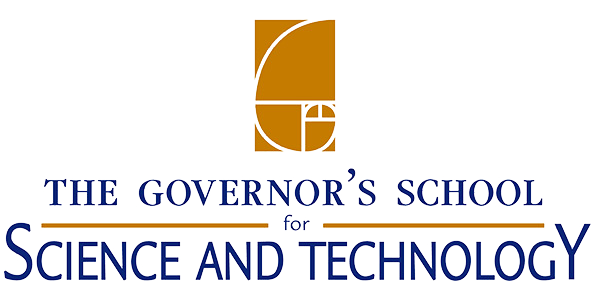College Modern Pre-calculus
College Modern Pre-calculus (3162): (1 weighted high school math credit).
This course is an intensive, rigorous approach to mathematics designed to prepare students for college calculus. First semester, students will focus on the algebraic and geometric properties of polynomial, rational, exponential, logarithmic, and trigonometric functions, and engage in discussions about how these models are represented in the real world. Second semester, students will learn the analytic properties of trigonometric functions and geometric conics, as well as learning the properties of polar coordinates, vectors, matrices, parametrics, and sequences and series. The course concludes with an introduction to calculus.
College Calculus
College Calculus (3177): (1 weighted high school math credit).
Calculus Syllabus SY2526 Menke
Calculus Syllabus SY2526 Notestine
This course covers 2 semesters of university-level calculus for scientists and engineers, emphasizing understanding and application. The first semester covers limits and continuity of functions, techniques and applications of differentiation, and introduces integration. The second semester covers applications and advanced techniques of integration, differential equations, sequences and series, and analytical geometry. Upon completion of this course, students will understand both the geometric and rate of change analyses of differential and integral calculus. Students will apply their understanding of calculus to modeling real-world situations mathematically and be able to solve those mathematical models. Successful completion of this course will prepare students to enroll in multivariable calculus / linear algebra. Prerequisite: Pre-calculus.
Multivariable Calculus/Linear Algebra
Multivariable Calculus/Linear Algebra (3178): (1 weighted high school math credit).
This course focuses on extending the concepts of geometry, algebraic operations, function, limit, continuity, derivative, integral and vector from the plane to the three dimensional space. Features instruction for mathematical, physical and engineering science programs. It will prepare students for further study in mathematics, engineering and science programs by providing the necessary competencies in calculus concepts in the three dimensional space. Prerequisite GSST College Calculus or completion of AP Calculus BC with a score of 4 or 5 on the exam.
Differential Equations and Math Methods in Physics
Differential Equations and Math Methods in Physics (02123): (1 weighted high school math credit).
The first semester the emphasis will be on Ordinary Differential Equations (ODE). Partial Differential Equations (PDE) at the end of the first semester and conclude the second semester by looking at modeling the four fundamental forces and other applied topics. The construction of mathematical models to address real-world problems has been one of the most important aspects of each of the branches of science. It is often the case that these mathematical models are formulated in terms of equations involving functions as well as their derivatives. Such equations are called differential equations. These differential equations are the language in which the laws of nature can be expressed. Understanding the properties of solutions of differential equations is fundamental too much of contemporary science and engineering. If only one independent variable is involved, often time, the equations are called ordinary differential equations. The course will demonstrate the usefulness of ordinary differential equations for modeling physical and other phenomena. Complementary mathematical approaches for their solution will be presented, including analytical methods, graphical analysis and numerical techniques. This course also covers the classical partial differential equations of applied mathematics, physics, and engineering: diffusion, Laplace/Poisson, and wave equations. It also includes methods and tools for solving these PDEs, such as separation of variables, Fourier, Laplace, Legendre, Bessel series and transforms, eigenvalue problems, and Green’s functions. Emphasis during the second semester will be placed on building and modeling the fundamental forces of nature. Prerequisite for Differential Equations is successful completion of Multivariable Calculus/Linear Algebra and permission of the instructor.
